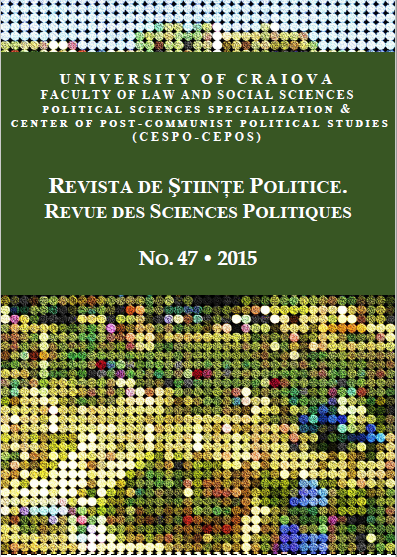Post-communist Development in Bosnia and Herzegovina: What Future for Brčko District?
Post-communist Development in Bosnia and Herzegovina: What Future for Brčko District?
Author(s): Adisa Avdić-KüsmüşSubject(s): Governance, Political history, Government/Political systems, Post-Communist Transformation
Published by: Editura Universitaria Craiova
Keywords: Bosnia and Herzegovina; Brčko District; governance; democratization; international arbitration;
Summary/Abstract: During the 1995 Dayton peace talks, the status of Brčko, a small town in northeast Bosnia, became a new source of tension which threatened to put the peace agreement on hold. Both entities, Republika Srpska (RS) and Federation of Bosnia and Herzegovina (FBiH) agreed that the final status should be decided by international arbitration. The tribunal’s decision was that Brčko would belong both to the FBiH and the RS simultaneously and at the same time put under international supervision. Years after being considered a remarkably successful example of post-war transformation and peace building Brčko District is now regarded as an anomaly of the already flawed Bosnian political system. It continues to be one of the most disputed zones in the country and the status of this hybrid condominium is challenging the sustainability of the political system as a whole. This paper seeks to summarize the recent developments surrounding the status of Brčko District as well as to explore the wider context of governancein Bosnia and Herzegovina. The paper will further focus on defining relations between entities and Brčko District and the way they contribute to already permanent political deadlock in the country.
Journal: Revista de Științe Politice. Revue des Sciences Politiques
- Issue Year: 2015
- Issue No: 47
- Page Range: 146-154
- Page Count: 9
- Language: English

